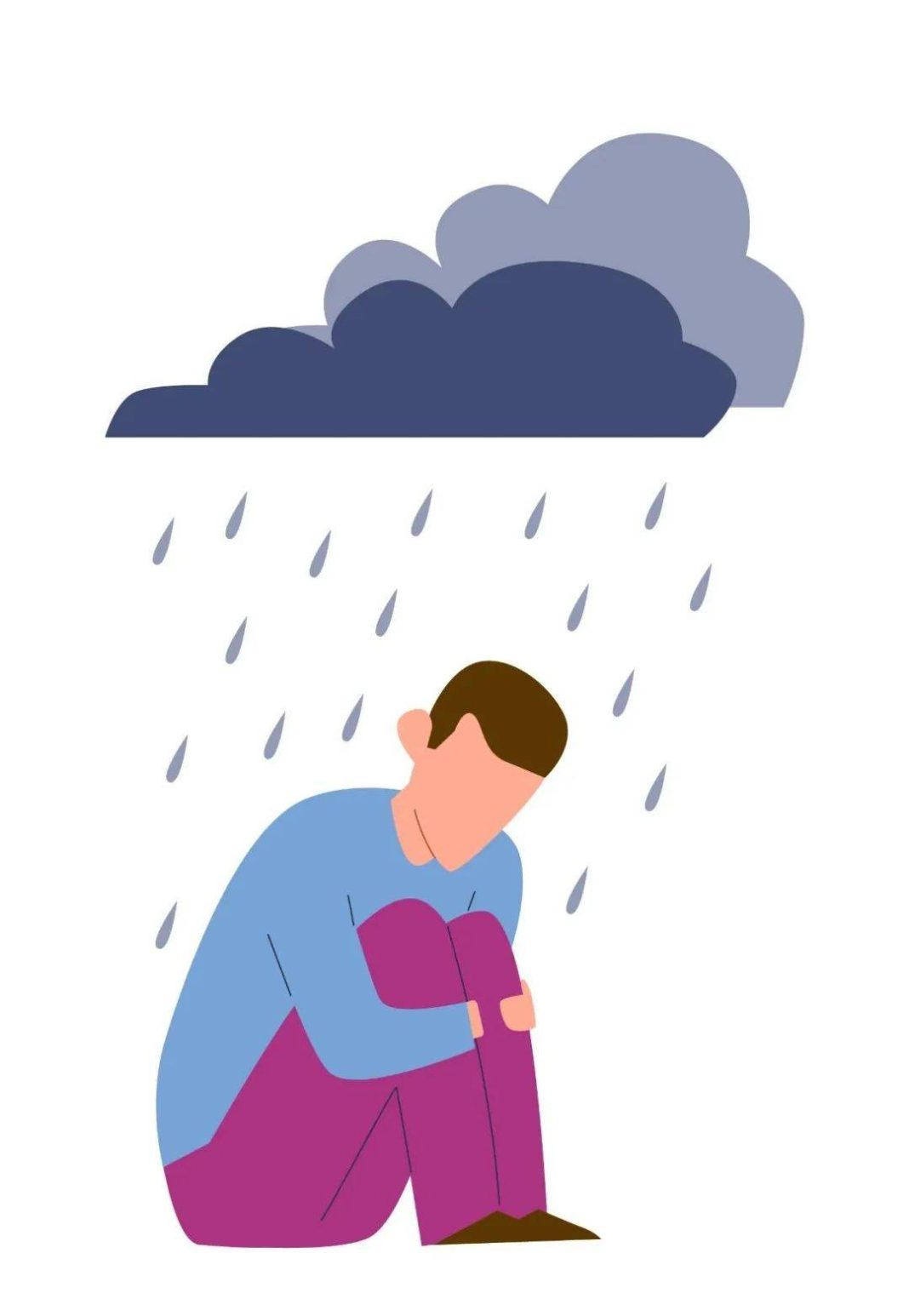With the popularization of medical knowledge in recent years, people have gained more understanding of mental disorders. However, there are still many individuals who hold biases against patients with mental disorders, leading to a strong sense of stigma among patients and their families. Additionally, many people still cannot recognize the signs and symptoms of mental illnesses.
Stigma Affects Treatment Rates
Most patients with mental illnesses can be treated. However, due to various reasons, the rate of seeking treatment for mental health issues is not very high. Some patients and their families may overlook symptoms due to a lack of understanding of mental illnesses; others may avoid facing the truth and delay seeking treatment for many years, with some never seeking help and allowing their conditions to worsen.
Mental illness is a medical condition that can be prevented and treated. It is certainly not a sign of weak will. However, the stigmatization, prejudice, and discrimination from society hinder the prevention and treatment of mental illnesses.
Unexplained extreme emotions, mood swings, or emotional disturbances may suddenly manifest, such as easily feeling down, restlessness, an irritable temper, or becoming easily angered over trivial matters, as well as crying or laughing uncontrollably, and so on.
Changes in Thinking Patterns
For example, suddenly experiencing many negative thoughts, becoming obsessed with trivial concerns, or fearing that others may have hostile intentions.
Changes in Behavior or Personality
For instance, a previously quiet and introverted personality may suddenly become extroverted and talkative, or someone who is naturally lively may become withdrawn. Some may exhibit strange behaviors, such as preferring solitude or talking to themselves.
Changes in Self-Value
Changes in values and outlook on life, such as suddenly feeling despair, losing confidence, or being overly self-critical; or on the contrary, becoming excessively confident and inflated in self-importance.
Heightened Sensitivity in Interpersonal Interactions
Overreacting to others’ words and actions, being easily influenced, or distrustful of others.
Changes in Sleep Quality
A sudden disruption of the biological clock, frequent interruptions in sleep, waking up too early, having vivid dreams, or feeling tired after sleeping for a long time. Sleep quality is an important element of mental health; if poor sleep quality persists over a long period, the brain cannot rest during sleep, leading to issues like nervous exhaustion.
Changes in Daily Life
A lack of regularity in life, insomnia at night, loss of appetite, neglecting personal hygiene, or minimal grooming, resulting in daily life drifting away from normal routines.
Most Mental Illnesses Are “Manageable”
With continuous advancements in medicine, there are now more effective methods and options for treating mental illnesses than in the past. As long as patients receive formal treatment and manage their conditions properly, many will gradually improve or recover and can reintegrate into society, leading normal and independent lives.
Some believe that individuals with mental health issues cannot handle work pressure and are unsuitable for social integration. In reality, regular employment can aid in patients’ recovery, and their productivity and performance may be on par with that of other employees.
Common mental disorders such as depression and bipolar disorder (mania-depressive illness) have increasingly entered the public consciousness. People should first understand that these are not monstrous adversaries, but “treatable conditions.”
From a medical perspective, the earlier the diagnosis and treatment, the lower the extent of brain function impairment and the likelihood of relapse, while the chances and success rates of recovery or managing the illness increase. However, medication is not the entirety of mental illness treatment; patients also require significant support in social, psychological, and employment aspects to manage their conditions more effectively. This necessitates greater tolerance and understanding from society towards individuals with mental illnesses.
Source: Health Tianjin


